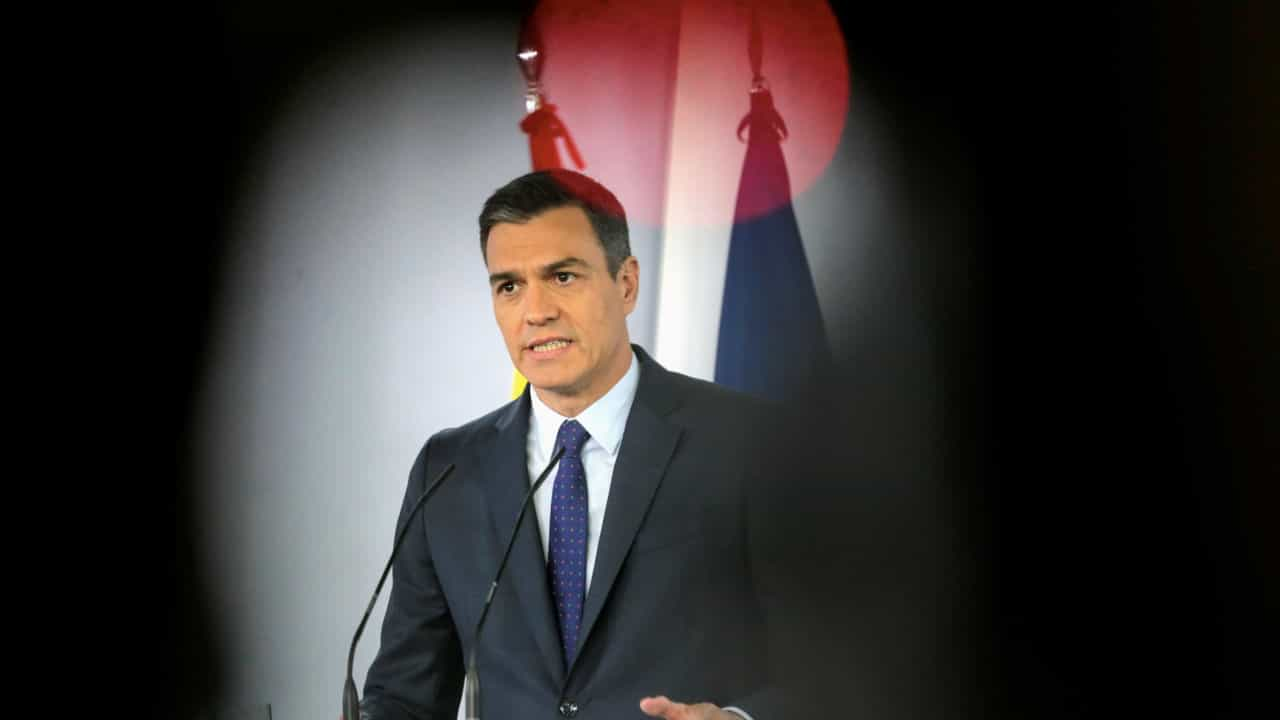
SÁnchez acknowledged that the agreement was difficult because of the “very different positions”, “the radically different visions” and the “extraordinary differences” of the two parties.
The leader of the JxCat group in the Spanish parliament, Miriam Nogueras, also highlighted “the distrust” towards the PSOE and the “profound discrepancies” and said that the Catalan independence party is “aware of the risks and difficulties” of this agreement with the socialists, with whom he has a history of disagreements and “bad experiences”.
The exchange of statements took place in the plenary of the Spanish parliament, on the first day of the debate for the re-election of Sánchez as prime minister, which will end on Thursday, with a vote.
To be returned to office, following the elections on July 23, Sánchez needs the votes of JxCat, as well as other nationalist and independence parties in Catalonia, Galicia and the Basque Country.
Miriam Nogueras began her intervention in the plenary by demanding a clear commitment from Sánchez to the agreement between the two parties, after considering that in the opening speech of today’s session, the PSOE leader was not courageous and used terms in relation to Catalonia that do not match the one signed with JxCat.
The deputy recalled that the agreement does not contain the word “dialogue” with the independentists, but “negotiation”, and stated that there is also no reference in the text to “measures of grace or forgiveness”, but to an amnesty for separatists.
The “stability of the legislature” will have to be “achieved agreement by agreement” and depends on advances in Catalonia’s “self-government” and its “national recognition”, Miriam Nogueras told Pedro Sánchez.
“To say that this agreement serves to turn the page is to deceive citizens”, said the deputy, who reiterated that JxCat considers that “the mandate” that came from the illegal self-determination referendum in Catalonia in 2017, in which the yes to independence won, remains in force and “the commitment to independence is indispensable”.
Sánchez assured the PSOE’s commitment to fulfilling the agreement with JxCat, which he considered to be “a historic opportunity” because it created “a space for negotiation” between the two parties and the possibility of “continuing to advance” in resolving the political conflict in region.
Without using the word dialogue that he insisted on in his first intervention, Sánchez argued that the result of the July 23 elections revealed that the Catalans “want negotiation” and said that PSOE and JxCat, “despite the big differences” will have to achieve it ” keep trading active permanently”.
In today’s debate, the other Catalan party that also negotiated an amnesty with the PSOE, the Republican Left of Catalonia (ERC), confirmed its support for Sánchez’s re-election and welcomed JxCat to the path that the Republicans began four years ago years, in the previous legislature, with the first agreements with the socialists.
Deputy Gabriel Rufián claimed as ERC’s achievements the pardons for imprisoned separatists and stressed that “the solution is always politics, the solution is always negotiation”.
The ERC, which heads Catalonia’s regional government, “started playing a song four years ago that now everyone is dancing to,” he said, expressing hope that, “tomorrow, perhaps” the PSOE will vote in favor of a referendum legal double the independence of Catalonia, a possibility that Sánchez then denied.
Gabriel Rufián also told Sánchez “not to take any risks” because he only has the option in parliament of support from the independentists to remain at the head of the Government.
Read Also: Popular Party accuses Sánchez of fraud and political corruption
All News. By the Minute.
Seventh consecutive year Consumer Choice for Online Press.
Download our free App.
Source: https://www.noticiasaominuto.com/mundo/2441890/sanchez-e-partido-de-puigdemont-assumem-profundas-discrepancias


